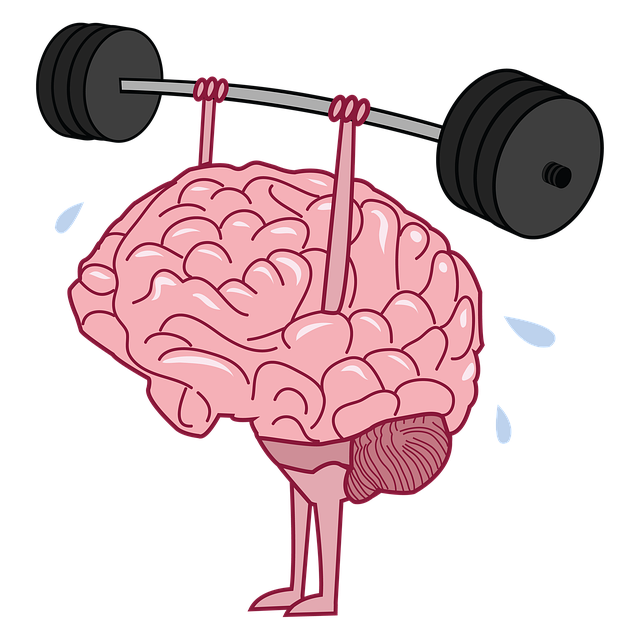Crisis Intervention Teams (CITS) are vital in supporting Russian-speaking young adults with mental health challenges, offering immediate, tailored care and reducing stigma. These teams bridge cultural gaps through multilingual therapists trained in evidence-based practices like mindfulness meditation. Effective CITS training for this population requires culture-sensitive programs that include hands-on exercises and shared linguistic backgrounds, ensuring compassionate, culturally competent trauma support.
In today’s challenging social landscape, crisis intervention teams (CITs) play a vital role in supporting young adults facing mental health crises. This article delves into the critical aspect of CIT training programs, focusing on their design and impact. We explore how specialized teams, including Russian-speaking therapists, can effectively navigate cultural barriers to provide essential therapy for young adults. By understanding these teams’ significance, we highlight strategies for comprehensive training that maximize support during emergencies.
- Understanding Crisis Intervention Teams: A Vital Resource for Young Adults
- The Role of Russian-Speaking Therapists in Effective Crisis Support
- Designing Comprehensive Training Programs for Maximum Impact
Understanding Crisis Intervention Teams: A Vital Resource for Young Adults

Crisis Intervention Teams (CITS) are a vital resource for young adults navigating mental health challenges. These specialized teams, often composed of healthcare providers, counselors, and community support staff, offer immediate assistance during crises. For Russian-speaking young adults seeking therapy, CITS provide a cultural bridge, ensuring access to care tailored to their unique needs.
Many young adults struggle with mental illness stigma reduction efforts have shown that early intervention can significantly improve outcomes. CITS, equipped with strategies like mindfulness meditation, are trained to de-escalate situations and offer evidence-based practices to support emotional well-being. Additionally, healthcare provider cultural competency training is integral to effective crisis care, fostering understanding and empathy between providers and young adults from diverse backgrounds, including those who speak Russian.
The Role of Russian-Speaking Therapists in Effective Crisis Support

In today’s diverse society, crisis intervention teams (CITs) often encounter individuals who may struggle with language barriers when seeking support. Russian-speaking therapists play a pivotal role in ensuring effective crisis support for young adults within these teams. By providing therapy tailored to their linguistic and cultural needs, they bridge the gap between emergency responders and vulnerable individuals. This specialized approach fosters better communication, enhances understanding, and ultimately improves risk management planning for mental health professionals.
Empathy building strategies are a core component of this process. Russian-speaking therapists employ techniques that allow them to connect deeply with young adults, many of whom may have experienced traumatic events or face cultural barriers in expressing their emotions. This empathetic connection facilitates open dialogue, enabling the therapist to implement evidence-based stress reduction methods suitable for each individual’s unique circumstances. Such tailored interventions can significantly contribute to positive outcomes in crisis situations.
Designing Comprehensive Training Programs for Maximum Impact

Designing comprehensive crisis intervention team training programs requires a nuanced approach to ensure maximum impact on individuals and communities. For Russian-speaking young adults seeking therapy, cultural sensitivity is paramount. Incorporating therapists who share similar linguistic and cultural backgrounds can foster trust and improve engagement in mental health awareness initiatives. This tailored approach not only enhances the effectiveness of trauma support services but also encourages open dialogue about mental health concerns that might otherwise go unaddressed.
Effective training programs must blend theoretical knowledge with practical, hands-on exercises. Mental health education programs design should include scenarios that mimic real-life crisis situations, allowing participants to apply learned skills in a safe environment. By integrating these elements, the training becomes more dynamic and memorable, reinforcing key concepts like early intervention strategies and effective communication techniques. Such comprehensive preparation equips crisis intervention teams with the tools needed to provide compassionate and culturally competent trauma support services.
Crisis intervention team training programs, especially those tailored for young adults and incorporating therapy for young adults Russian-speaking populations, are invaluable assets. By designing comprehensive programs with a deep understanding of crisis contexts, we can ensure these teams are equipped to offer maximum support. Such initiatives not only enhance community resilience but also provide essential resources for vulnerable individuals seeking help.









